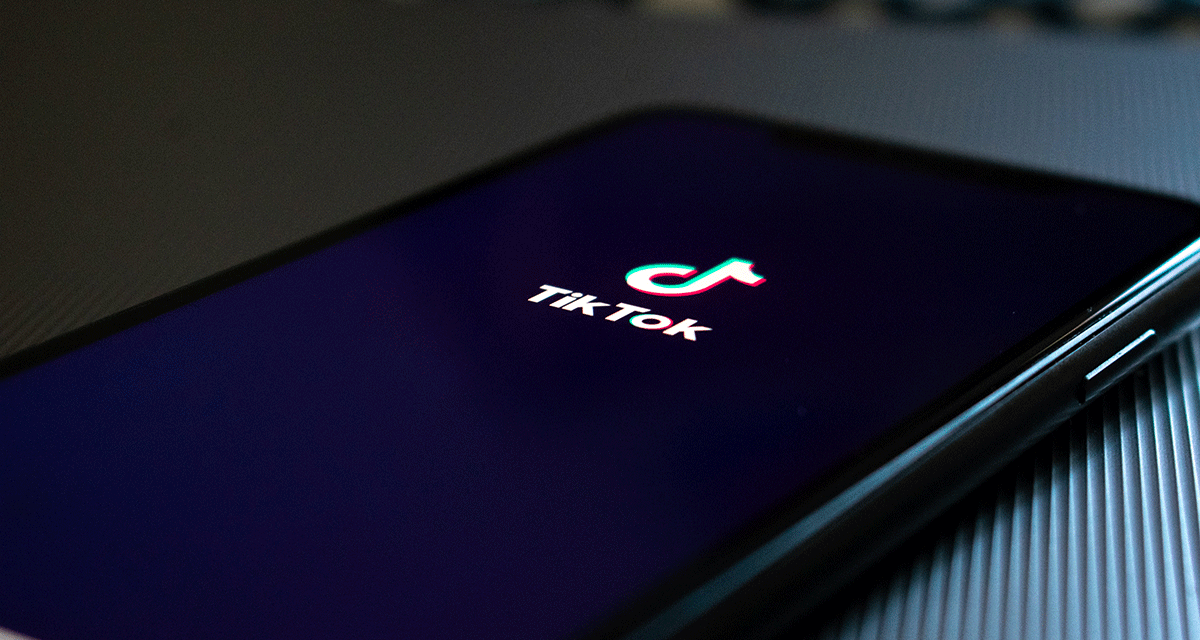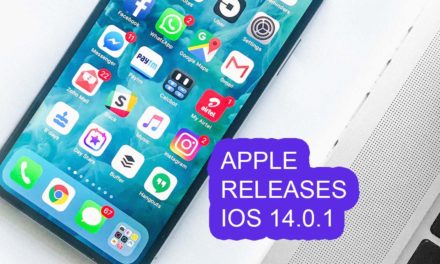TikTok has been given a temporary stay in the U.S. after a federal judge issued a temporary injunction preventing a ban on future downloads of this app. The U.S. government ordered app stores to stop distributing and updating the Tiktok app earlier this month. This app has been blocked from Apple’s App Store and Android’s Google Play marketplace from 23:59 Eastern time.
On August 6th, American president Donald Trump raised the security concerns regarding TikTok and WeChat, both China-based apps, saying that it constituted a national emergency. He then invoked the International Emergency Economic Powers Act (IEEPA), which allows him to ban transactions between US and foreign entities.
However, the company claims that the order should not apply to the app, since IEEPA excludes information and communication technologies. On Sunday, Judge Carl Nichols of the US District Court of Columbia issued a temporary injunction at the request of TikTok. He considered that TikTok did not have enough opportunities to defend itself before Trump ordered the sweeping ban. The judge, therefore, blocked the ban that was to go into effect from midnight Monday.
A Tiktok spokesperson said that the company was pleased with the judge’s decision, and it is planning to maintain an ongoing dialogue with the government. If it disappears from the app stores, the effect would be devastating with respect to users and would damage its reputation with the advertisers.
“We’re pleased that the court agreed with our appeal and issued an injunction against TikTok app ban,” said TikTok spokesperson in a released statement.
The U.S. president has been repeatedly raising security concerns regarding the video-sharing app, claiming that it could give American users’ personal information to the Chinese government. TikTok has, however, firmly denied these allegations. Facebook and Twitter already share user data with various governments including the Transfer of European Union (EU) citizens’ personal data to the U.S. This was also recently restricted due to concerns about American government surveillance.





